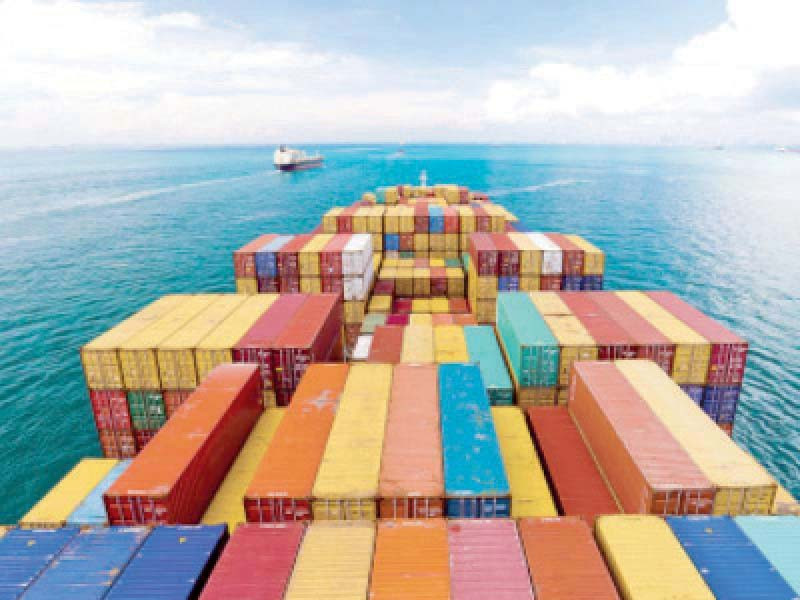
Textile exporters are expressing growing concerns over the prolonged refund process of banks for marked lien amounts, resulting in significant exchange losses for them.
Towel Manufacturers Association of Pakistan (TMAP), Senior Vice Chairman, Syed Usman Ali voiced his distress regarding the implementation of the State Bank of Pakistan’s FE Circular No 02 of 2023, which became effective on May 1, 2023.
“The exporter’s amount, if realised even a single day late from the due date, the bank marks it as lien on the export proceeds. Interestingly, most banks are unaware of the further procedure to return these amounts to the exporters,” he stated.
“A lien is a legal right to retain possession of someone else’s property until a debt owed by that person is fully paid off. Banks mark the received amount from exporters as lien, allowing them to utilise it for future Letter of Credits (LCs),” explained textile sector analyst Nasheed Malik whilst speaking to The Express Tribune.
However, due to Pakistan’s foreign exchange crunch, banks are currently hesitant to open LCs for imports.
In cases where proceeds from exporters are delayed beyond their maturity date, banks impose a lien and compensate the exporters at a lower offered price, while retaining the remaining margin. Importers then have to approach SBP adjudication for an appeal to recover the remaining amount.
“Unfortunately, no government official is ready to listen to the voice of exporters who are the backbone of Pakistan’s economy,” added Ali. The TMAP vice chairman further explained that the refund process, after the marked lien, takes four to five months. Once the delayed remittance is received, the bank places the lien as per SBP directions. The bank sends details of these liens to the SBP on a weekly basis. The SBP’s Foreign Exchange Adjudication Department (FEAD) then issues a show cause notice to the exporter, who must present their case and explanation in response.
He further expressed concerns that their members have reported lien markings on their amounts from May 2nd or 3rd, but they have not received any response from the SBP’s FEAD even after 25 days. This unfavourable environment, coupled with billions of rupees of stuck-up refundable sales tax with the Federal Board of Revenue (FBR), is adding to the financial crunch faced by exporters.
The marking of liens on late realised amounts by AD (Banks) is creating another significant hurdle for exporters, particularly small and medium-sized enterprises (SMEs), causing financial constraints and delays in fulfilling orders.
“We should rely on our own resources rather than loans, and our survival is impossible without the growth of our exports,” emphasised Ali, highlighting the need for support from all institutions for the export sector’s growth.
The textile and clothing industry in Pakistan has faced a significant setback, with a decline of 14.22% amounting to $13.7 billion during the first ten months of the current fiscal year. This decline can be attributed to a notable decrease in production, driven by rising production costs, as per data released by the Pakistan Bureau of Statistics (PBS).
April’s export figures paint a grim picture, with a sharp and alarming decline of 29.11%. Exports dropped from $1.73 billion in the same month of the previous year to a mere $1.23 billion.
Published in The Express Tribune, May 31st, 2023.
Like Business on Facebook, follow @TribuneBiz on Twitter to stay informed and join in the conversation.



1729662874-0/One-Direction-(1)1729662874-0-165x106.webp)





1732084432-0/Untitled-design-(63)1732084432-0-270x192.webp)








COMMENTS (1)
Comments are moderated and generally will be posted if they are on-topic and not abusive.
For more information, please see our Comments FAQ